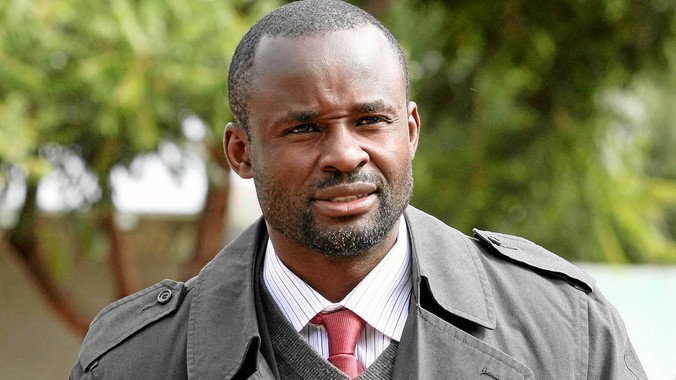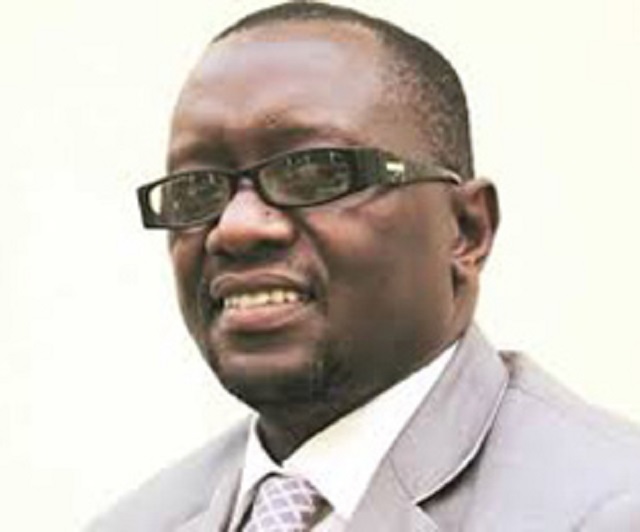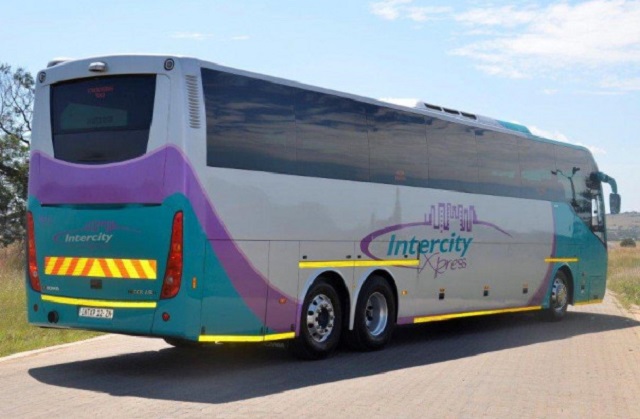Paltry NSSA payouts reduce pensioners to destitutes

Cuthbert Mavheko
There is an old English adage which says the darkest hour is near dawn.
However, for hordes of National Social Security Authority (NSSA) pensioners, the adage has proven to be a ruse to comfort those battling for survival in Zimbabwe’s depressed economic environment.
While NSSA was introduced as a safety net for pensioners, the $80 that the authority is paying pensioners is pathetic and far below the alleviation of poverty stratum.
Last year, NSSA increased pension pay-outs from $60 to $80 a month. However, the $20 increment did not make a difference to the pensioners as they are still scrounging around to eke out a living.
It is pertinent to note that many pensioners relocated to their rural homes after retirement. They now find themselves in a catch-22 situation as they have to travel long distances to access their meagre pensions from banks, which are mostly located in major towns and cities.
“After retiring, I relocated to my rural home in Uzumba-Maramba-Pfungwe and to access my pension I have to travel to Harare every month. I spend most of my money on transport and sometimes when I get to the bank, there is no money and I am forced to sleep at the bank for days until funds are available,” said Sekuru Alexio Nhamoinesu, who could not hold back his tears and started sobbing pitifully.
Responding to questions in Parliament soon after NSSA increased pension pay-outs to $80 last year, the then Deputy Minister of Public Service, Labour and Social Welfare Tapiwa Matangaidze promised to increase the pension pay-outs to $100 and $150 by the end of that year. However, this promise remains unfulfilled to this day.
It is insightful to note that NSSA has been investing in a number of projects since its inception over 20 years ago. One of these projects is the housing scheme which the authority launched initially through investments in and partnership with building societies. While these investments are meant primarily to benefit members of the NSSA pension scheme, the tragic irony is that the authority is failing to give pensioners decent pension pay-outs.
The fact that the pensioners are battling for survival in the twilight of their lives is indeed a very sad state of affairs.
“The $80 I receive from NSSA is very little and I am failing to pay my rentals and feed my family, consisting of my wife who is diabetic and five grandchildren whose parents are deceased. A few years back, I was not too worried about my pension as I used to engage in some informal business activities to make ends meet.
However, I am now too old to do any kind of work and I am now entirely dependent on my pension from NSSA, which isn’t much as I also have to provide medication for my ailing wife,” said Mr Albert Khumalo, an 86 year-old pensioner from Luveve suburb in Bulawayo.
According to the country’s constitution, people over the age of 70 years have the right to receive reasonable care and assistance from the State in the form of health care and assistance.
Over and above this, they have the right to receive financial support by way of social security and welfare as they have no other source of income. It is therefore incumbent on the Government to mitigate, through NSSA, the suffering of the poor pensioners by increasing their monthly pension pay-outs to levels that are commensurate with the escalating cost of living in the country.
What adds salt to the wound is that while NSSA pensioners are wallowing in abject poverty, managerial employees at the national authority are earning salaries that are well above the threshold as prescribed in the Cabinet Circular Number 3 of 2014, which pegged a salary cap of $6 000 per month for chief executives of public enterprises.
In February, NSSA finance and operations director Mr Emmerson Mungwariri told members of the Parliamentary Portfolio Committee on Public Accounts (PAC) that the NSSA general manager was getting $18 000 per month while his subordinates were getting $16 000.
These executives own flamboyant mansions in up-market suburbs and cavort about the country in luxurious automobiles. What offends my own moral sensibilities is that the lavish lifestyles that these morally-bankrupt executives lead are watered by the sweat and blood of poverty-stricken pensioners.
Indeed, this is a shocking state of affairs!
Not so long ago, President Mnangagwa’s office received a new dossier on alleged corruption at NSSA from out-spoken Norton Member of Parliament Mr Themba Mliswa. The NSSA corruption dossier titled: “The Abuse and Capture of National Social Security Authority” exposes a spate of alleged corruption activities at NSSA, which include the authority’s role in funding a local commercial bank without adhering to laid down procedures. The report also names some senior Government officials and other private sector players who allegedly benefitted from corrupt deals at NSSA.
In the past, there did not appear to be serious commitment on the part of previous governments to deal decisively with corruption. If indeed the truth be told without fear or favour, there was a tendency by former President Robert Mugabe’s government to target the proverbial hares while avoiding the elephants.
In light of this, it is indeed gratifying to note that, despite being in office for only a few months, the new Government under President Mnangagwa , has made it clear, to all and sundry, that no-one is above the law. So far, a plethora of people have been arrested after being fingered in acts of corruption.
These include former government officials Dr Ignatius Chombo, Makhosini Hlongwane, Walter Mzembi, Samuel Undenge and Jason Machaya. It just cannot be over-emphasised that the corrupt are thieves who plunder for their own bellies.
They are immune to verbal condemnation. Tough, bruising action is the only language that they understand better.
*The writer is a freelance journalist based in Bulawayo and who has contributed articles and short-stories to the Chronicle, Sunday News and various other newspapers and magazines since 1995. He can be contacted on e-mail [email protected]











Comments